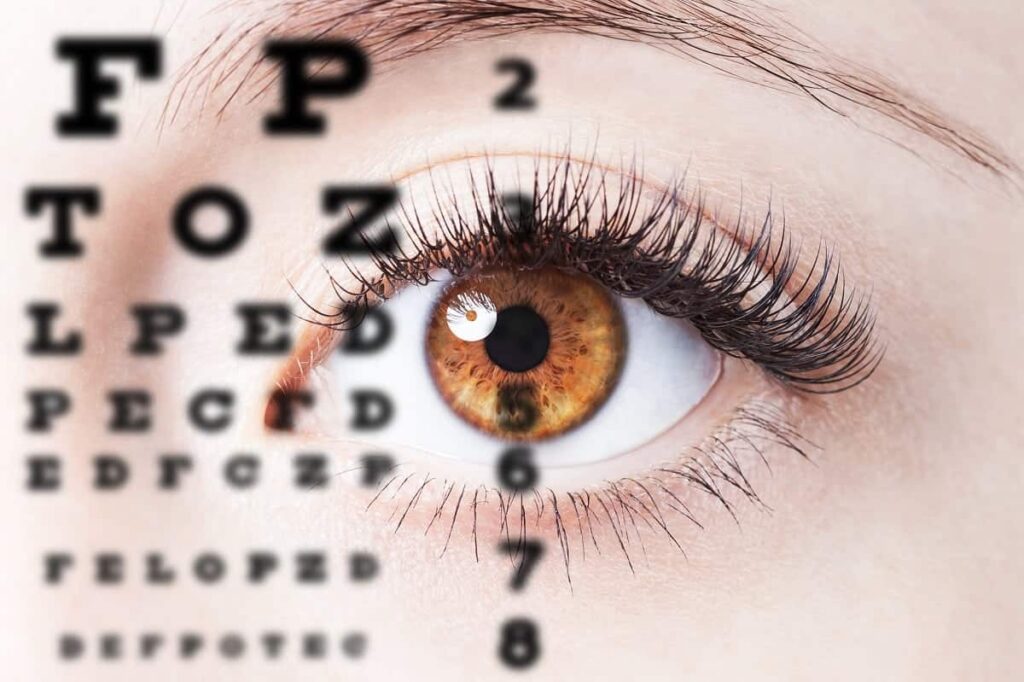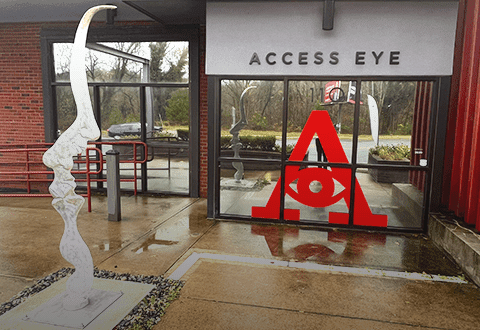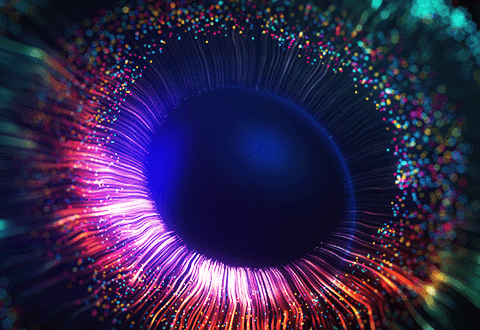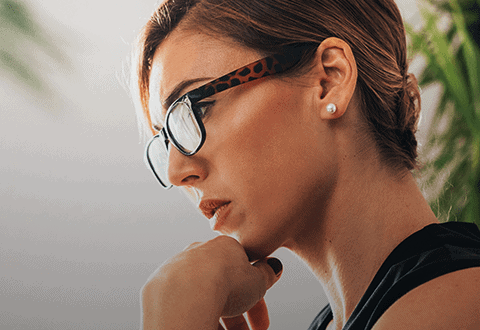What Happens during an Eye Exam?

Regular eye exams should be a part of everyone’s visual health routine. Exams can reveal signs of eye problems in their early stages, when there may not be any noticeable symptoms and when they are more easily treated with non-invasive methods. These appointments can also give your eye doctor clues about other areas of your health, too.
If you have never had an eye exam, there’s no better time than the present to start. To give you a clear idea of what to expect, the team at Access Eye explains what normally happens during an eye exam.
An Eye Exam, Step by Step
Normally the eye exam appointment begins with a conversation with your optometrist’s technician. The technician will ask you questions about your current health, medical history, family history of eye problems and any medications you take. The technician will also ask you if you are currently experiencing any symptoms or problems with your eyes or vision. This information is then relayed to your optometrist for review.
After a review and discussion of the information you’ve provided to the tech, the next step is for your optometrist to examine the inside of your eyes, looking at the structures such as the lens, retina, optic nerve and pupil. Special instruments may be used to get a closer look inside the eyes, and your eyes will likely be dilated.
Your visual acuity with and without glasses will be tested, including your near, intermediate and distance vision. A series of tests may be performed to measure the type and severity of any vision problems and ensure your current prescription is correct. The movement and coordination of your eyes will also be checked to ensure they work together properly.
Your optometrist will discuss their findings from the exam with you, and answer any questions you have about the tests or your vision or eye health.
How Often Should You Have Eye Exams?
Experts recommend that you have a comprehensive eye exam every one to two years, depending on your age, risk factors and whether you currently wear corrective lenses. Children need regular eye exams to detect vision problems that may interfere with learning. The Access Eye team can give you a better idea of how often to schedule exams after learning more about you and the health of your eyes.
There are a few things you should bring to your next eye exam to help it go smoothly:
- Eyeglasses if you normally wear them
- A list of medications you take (with dosages)
- The name of your primary care physician
- A list of questions you may have for your eye doctor
















